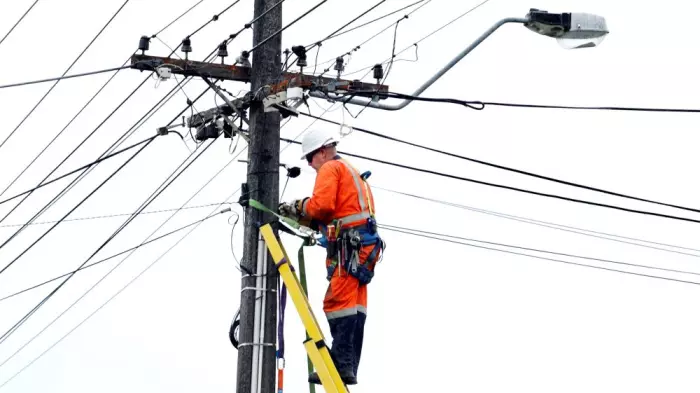The Employers and Manufacturers Association is calling for digital vaccine passports to be mandatory to enter the workplace.
In a press release today, chief executive Brett O’Riley said mandatory passports will give employers and employees the certainty and the safety they want in their workplace and will incentivise those hesitant about getting vaccinated.
"The majority of New Zealanders are getting vaccinated and we know some employers were already using a no jab, no entry policy to protect their workplaces prior to this latest outbreak," O’Riley said.
The comments follow the government’s announcement on Tuesday that covid-19 vaccine certificates would be introduced for festivals and other high-risk events by November.
The certificates would allow people in NZ to prove they have been vaccinated against covid-19 and enter some public locations and events.
While workplaces were not included in the announcement, O’Riley said the passports would allow employers to carry out their responsibilities to provide a safe and healthy workplace under the Health and Safety Act.
"Those that can’t be vaccinated for medical, religious or other reasons will have to apply for and carry a digital exemption and may have to wear masks and/or register for track and tracing – current policy at level 3 – to be allowed in,” he said.
“The unvaccinated may have to take some responsibility for the circumstances or decisions they face while the extra precautions would help employers manage a potential mix of vaccinated and unvaccinated staff."
O’Riley’s comments differ with the official advice of the Ministry of Business, Innovation and Employment, which states that “covid-19 vaccination will not be needed for most work.”
“Businesses can require that certain work must only be done by vaccinated workers, where there is high risk of contracting and transmitting covid-19 to others.”
“Businesses should ensure they do not directly or indirectly discriminate against workers on the basis of their vaccination status.”
It advised businesses to conduct a health and safety assessment to determine which workers were high risk and therefore required vaccination.
However, O’Riley said this approach was a “recipe for court cases, costs and delays while jurisprudence is sorted.”
He also said vaccine passports would allow employers to reach members of “hard to reach,” communities in the current vaccination campaign. Carrying the passport would encourage hesitant workers to get vaccinated or “face extra safety measures,” he said.
However, the EMA stressed that it was not asking for compulsory vaccinations.














